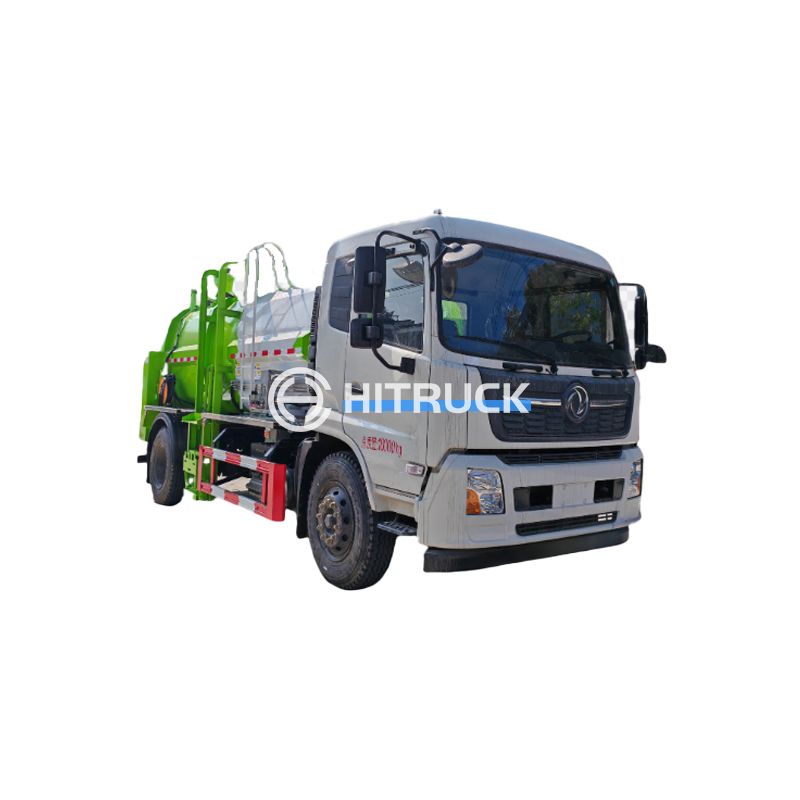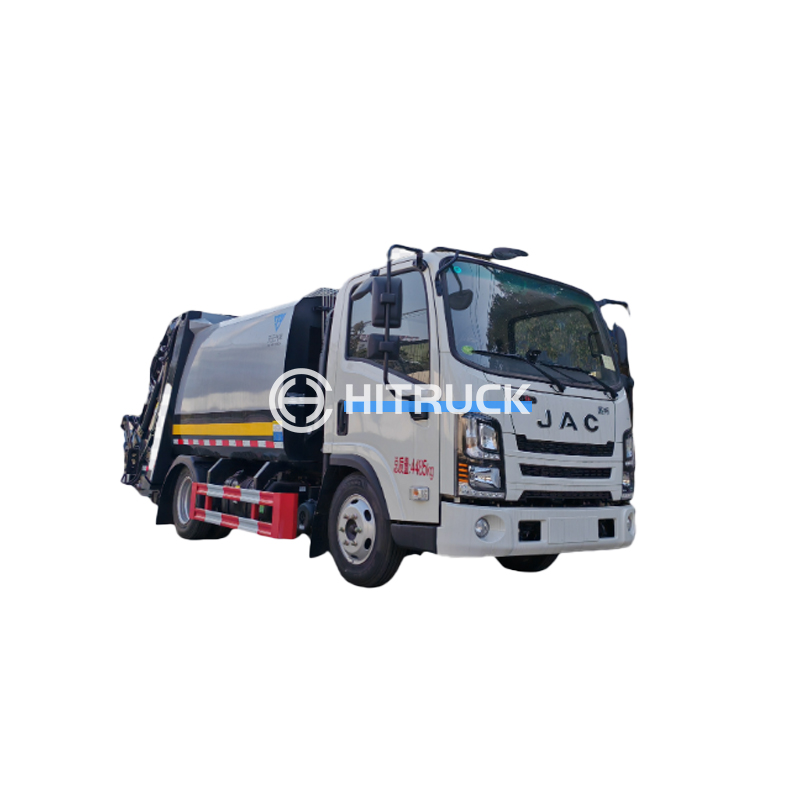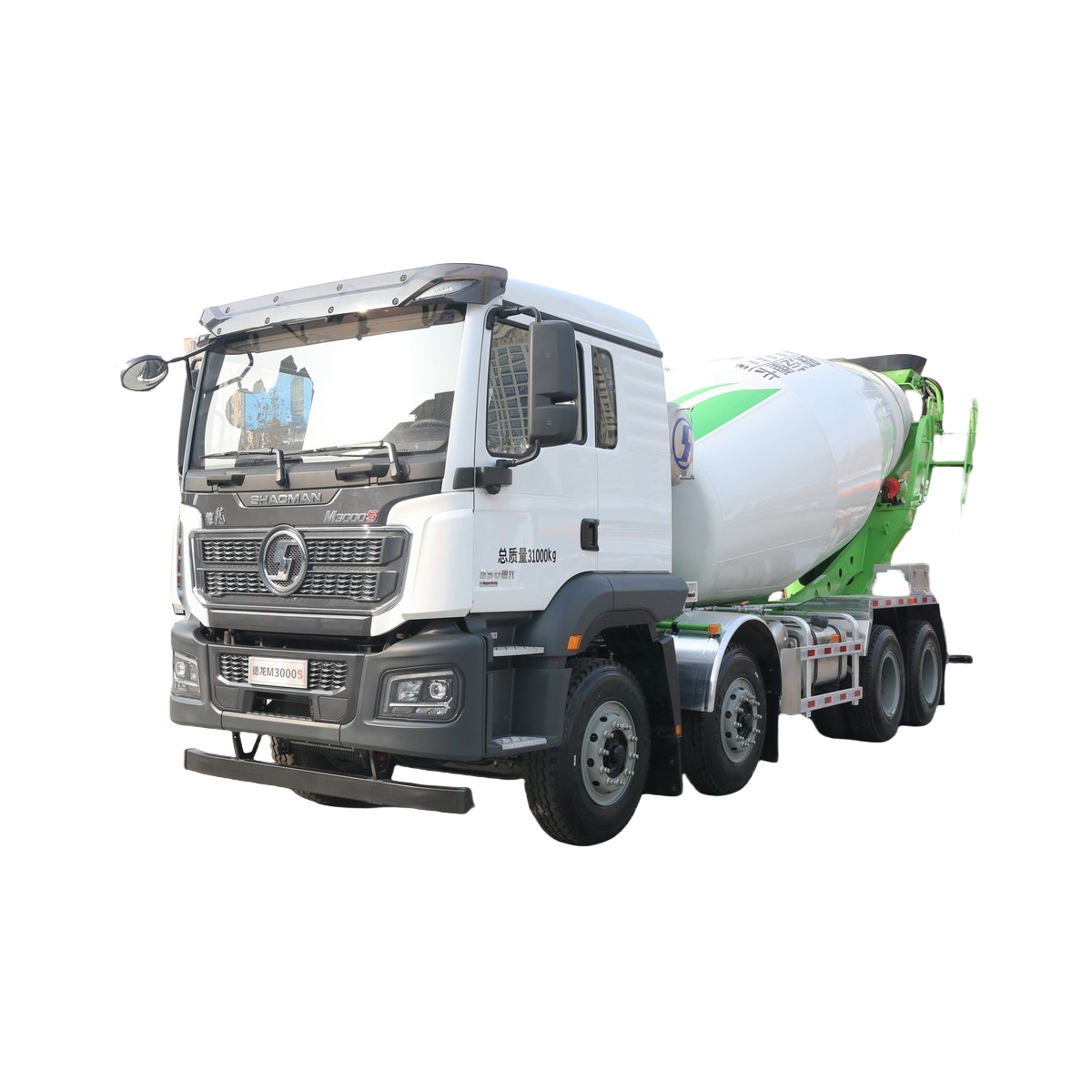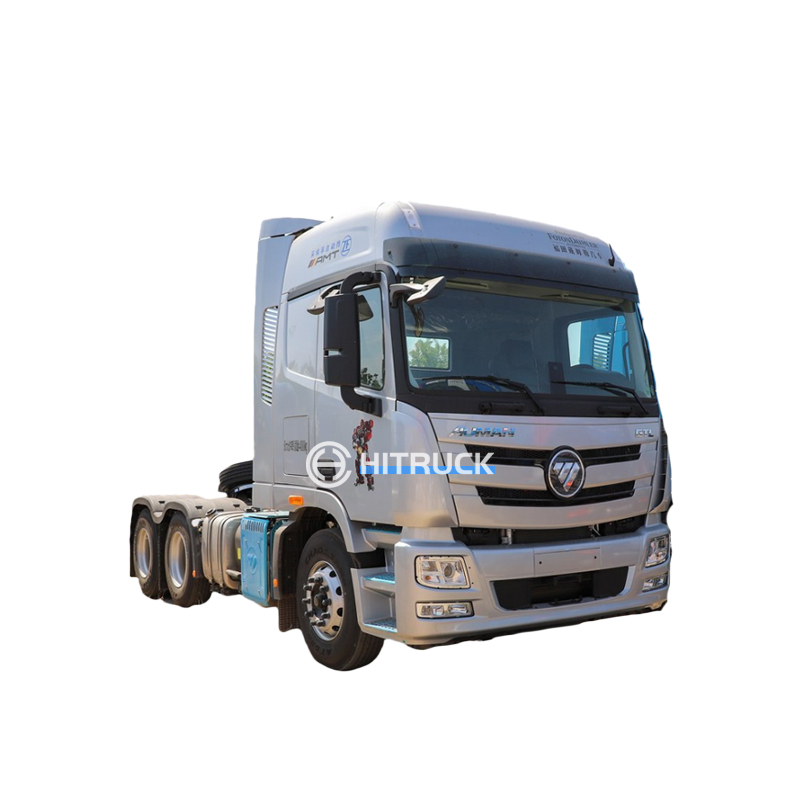Dump Truck Hauling: Your Comprehensive GuideDump truck hauling is a critical component of many industries, from construction and mining to agriculture and waste management. This guide provides a comprehensive overview of dump truck hauling, covering everything from choosing the right truck to understanding regulations and optimizing your operations for efficiency and cost-effectiveness.
Choosing the Right Dump Truck for Your Needs
The first step in successful
dump truck hauling is selecting the appropriate vehicle for your specific needs. Several factors influence this decision, including payload capacity, dump style (end, side, or bottom), drive type (4x2, 6x4, or 8x4), and engine power. Consider the typical weight and volume of materials you'll be hauling, the terrain you'll be navigating, and the overall operating environment. For instance, a construction site requiring frequent off-road travel might benefit from a robust 6x4 or 8x4 drive, while a local waste management company might find a smaller, more fuel-efficient 4x2 sufficient.
Dump Truck Styles
End Dump: The most common style, ideal for general hauling and dumping materials onto a designated area. Side Dump: Best suited for situations requiring precise placement of materials, such as along a road or in a trench. Bottom Dump: Specifically designed for materials that tend to clump or require controlled release, such as aggregate or asphalt.
Optimizing Your Dump Truck Hauling Operations
Efficient
dump truck hauling relies on careful planning and execution. This involves route optimization, load management, and regular maintenance.
Route Planning and Optimization
Effective route planning can significantly reduce fuel consumption and travel time. Utilize GPS navigation systems and route optimization software to identify the most efficient paths, avoiding traffic congestion and road closures. Remember to factor in factors such as weight restrictions and permitted hours of operation.
Load Management
Proper load management is crucial for safety and efficiency. Ensure that loads are evenly distributed to prevent overloading and maintain vehicle stability. Accurate weight measurements are essential to comply with regulations and avoid potential fines. Overloading can lead to increased wear and tear on the truck and potential accidents.
Maintenance and Repairs
Regular maintenance is key to preventing costly breakdowns and downtime. Adhere to the manufacturer's recommended maintenance schedule and address any issues promptly. This includes regular inspections, oil changes, and tire rotations. A well-maintained fleet ensures consistent operational efficiency.
Safety Regulations and Compliance
Dump truck hauling is subject to stringent safety regulations. Staying compliant is paramount to avoid accidents and penalties. Familiarize yourself with relevant local, state, and federal regulations concerning load limits, driver qualifications, and safety equipment. Regular vehicle inspections are crucial for maintaining compliance. Driver training should emphasize safe operating procedures and emergency response.
Finding Reliable Dump Truck Services
If you need
dump truck hauling services but don't own your fleet, several options are available. You can contract with independent haulers, lease trucks, or utilize larger logistics companies. Compare pricing and services to ensure you find a provider that meets your specific requirements. Consider factors such as insurance coverage, reliability, and customer service. For instance, if you're in the Suizhou area, you might want to explore options from reputable local businesses.
| Factor | Independent Hauler | Large Logistics Company |
| Cost | Potentially Lower | Potentially Higher |
| Flexibility | Higher | Lower |
| Reliability | Varies | Generally Higher |
For a wide selection of heavy-duty trucks, including dump trucks, consider exploring
Hitruckmall.
Conclusion
Successful
dump truck hauling requires careful planning, proper equipment selection, and adherence to safety regulations. By understanding the key aspects outlined in this guide, you can optimize your operations for efficiency, safety, and cost-effectiveness. Remember to always prioritize safety and comply with all applicable regulations.












